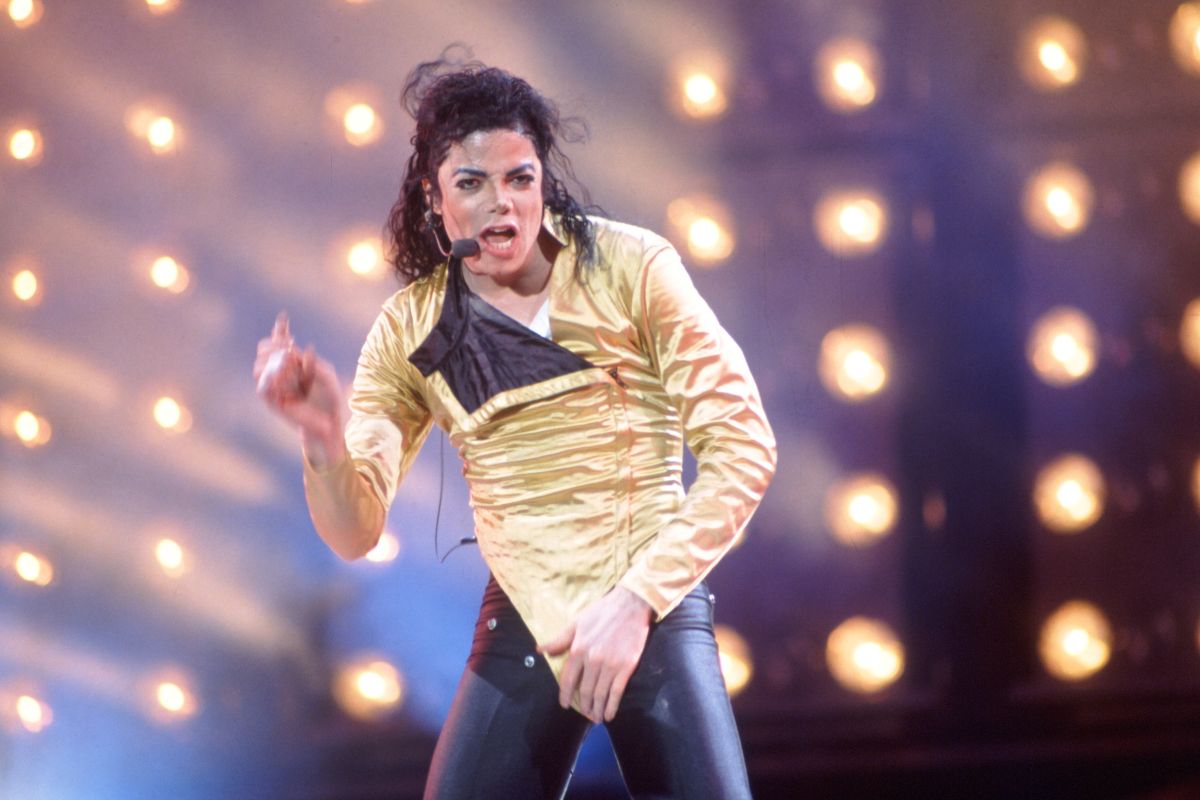The two guys who have previously accused the late pop icon Michael Jackson of sexual abuse have requested access to controversial nude photos taken of Jackson by the police.
The plaintiffs’ legal team issued a subpoena in March for access to “photographs of Michael Jackson’s genitalia and naked body taken by police,” which continue to be under a protective order by the Santa Barbara Superior Court.
The photos in question stem from a 1993 police investigation during which allegations of sexual abuse were made against Jackson by a 13-year-old boy.
Wade Robson and James Safechuck’s legal action has sparked a heated response from legal representatives of Michael Jackson’s estate, who argue that revealing the photos would be both inappropriate and a violation of privacy.
The lawyers representing Jackson’s estate have termed the request by Robson and Safechuck as “an egregious violation” and argue that the photos are highly sensitive.
In a statement, they said, “The photographs Plaintiffs seek were not taken willingly by Mr. Jackson; they were the result of a court-ordered search based on a false statement in what became a discredited criminal investigation.”
They further express concern over the potential exploitation of these photos, suggesting that such an act would constitute a “second defilement” following the controversial and contested circumstances under which they were originally taken.
Wade Robson and James Safechuck brought forth allegations against Jackson in 2013 and 2014, respectively, claiming that they were sexually abused by the singer during their childhood.
Their lawsuits, now targeting Jackson’s companies, argue that these entities are culpable for the alleged abuse, as they facilitated Jackson’s proximity to young children.
The request to unseal the records containing the nude photos of Jackson is part of these ongoing legal proceedings.
This legal battle brings to the forefront issues of privacy, the sensitivity of evidence obtained during criminal investigations, and the potential for misuse of such evidence in civil litigation.
